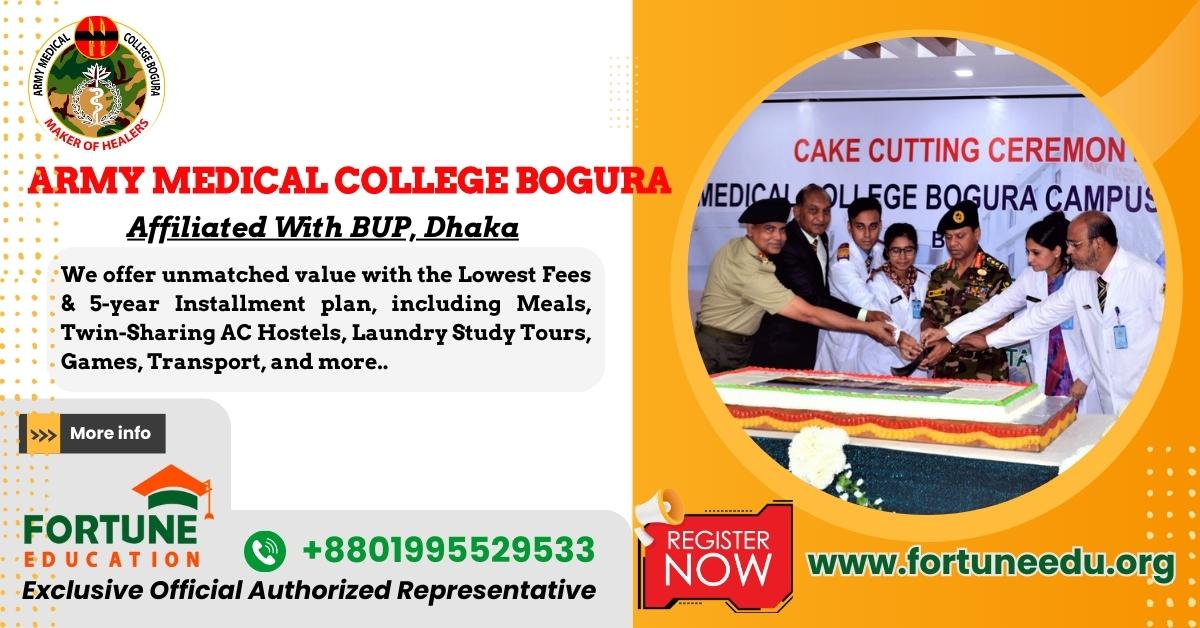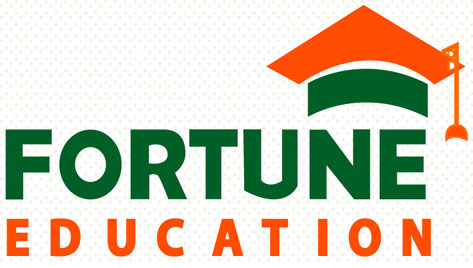The Bachelor of Medicine, Bachelor of Surgery (MBBS) is a professional undergraduate degree in medicine and surgery. It’s one of the most sought-after courses for students aspiring to enter the medical field.
The MBBS curriculum typically covers a wide range of medical subjects and practical training, designed to provide comprehensive knowledge and skills essential for practicing medicine.
The duration of the MBBS course varies by country, often ranging from 5 to 6 years, including a mandatory internship period.
Graduates with an MBBS degree are qualified to practice as doctors or pursue further specialization.
The MBBS (Bachelor of Medicine, Bachelor of Surgery) course is a comprehensive medical program designed to train students to become competent doctors.
It typically spans over 5 to 6 years, including theoretical studies and practical training. The curriculum covers various aspects of medicine and human anatomy, pathology, pharmacology, and surgery, among other areas.
The course also includes extensive clinical training, where students gain hands-on experience in diagnosing and treating patients. Upon completion, graduates are required to undertake an internship, providing them with real-world medical exposure before they begin practicing independently. The course’s comprehensive nature ensures a solid foundation for a career in medicine.
Admission to MBBS (Bachelor of Medicine, Bachelor of Surgery) and BDS (Bachelor of Dental Surgery) programs in Bangladesh generally follows a similar process. Here’s an overview of the typical admission procedure for both MBBS and BDS courses in Bangladesh:
Eligibility Criteria:
Entrance Examination:
Application Process:
Admission Test:
Merit List and Counseling:
Medical Examination and Documentation:
Visa Process (for International Students):
Prospective applicants should thoroughly research the admission requirements and procedures of the specific medical or dental colleges they are interested in, as these can vary between institutions. Additionally, staying updated on any changes to admission policies and deadlines is crucial for a smooth application process.
The MBBS curriculum in Bangladesh, aligned with international standards, spans five years followed by a one-year internship. The course is divided into four phases:
Phase I (1.5 years): Focuses on basic sciences like Anatomy, Physiology, and Biochemistry.
Phase II (1 year): Covers subjects such as Forensic Medicine and Community Medicine.
Phase III (1 year): Includes Pharmacology, Pathology, and Microbiology.
Phase IV (1.5 years): Concentrates on clinical subjects including Medicine, Surgery, and Obstetrics and Gynecology.
Each phase concludes with professional exams. The curriculum emphasizes both theoretical knowledge and practical skills, preparing students to meet the challenges of modern healthcare. The internship year is crucial for gaining hands-on clinical experience.
At the end of the MBBS Course students shall:
1. Acquire knowledge and understanding of
a) the sciences upon which Medicine depends and the scientific and experimental methods;
b) the structure, function, and normal growth and development of the human body and the workings of the mind and their interaction, the factors which may disturb these, and the disorders of structure and function which may result;
c) the etiology, natural history, and prognosis of the common mental and physical ailments. Students must have experience of emergencies and a good knowledge of the common diseases of the community and of aging processes;
d) normal pregnancy and childbirth, the common obstetric emergencies, the principles of ante-natal and postnatal care, and medical aspects of family planning and psycho- sexual counseling;
e) the principles of prevention and of therapy, including health education, the amelioration of suffering and disability, rehabilitation, the maintenance of health in old age, and the care of the dying;
f) human relationships, both personal and social, and the interaction between man and his physical, biological, and social environment;
g) the organization and provision of health care in the community and in hospital, the identification of the need for it, and the economic, ethical, and practical constraints within which it operates; and
h) the ethical standards and legal responsibilities of the medical profession.
The Bachelor of Dental Surgery (BDS) course is a professional degree program in dentistry. Here are some key details about the BDS course:
Remember, specific details like the course structure, subjects, and eligibility criteria can vary depending on the country and the institution offering the course.
The purpose of the dental education program is to provide the opportunity for the learner to gain scientific knowledge and clinical skills needed in the practice of the profession, to instill the highest standards of professional conduct as a way of life and to promote a dedication to continuous, life-long professional study and improvement.
The courses which are offered in the English medium of instruction are:

1. MBBS/BDS/MD/MS/MDS/PhD), PHARMACY, NURSING, POSTGRADUATE EDUCATION
2. Engineering: Electrical, Electronics, Mechatronics, Mechanical, Civil, Architecture, Mining, Geology, Geodesy, Oil & Gas, Petroleum, Biomedical, Telecommunication, Computer Sciences, Information Technology, Computer Engineering, Business Administration & Economics, Economics Cybernetics
3. Aeronautical Engineering, Aerospace engineering, Aviation Management, Air Navigation.
4. Engineering(BSC & MSC in Civil, Mechanical, EEE, Aeronautics, Marine, Automobile, Tele Communication, Computer Science, IT, Chemical, Ceramics, Gas & Mining, Textile & Others) or Business Study BBA/MBA/International Business/International Economy & Trade/Marketing
AMC Bangladesh Admission through Fortune Education:
Fortune Education is an educational consultancy that may facilitate admissions for international students in medical colleges in Bangladesh, including AMCs.
They may provide services such as application assistance, documentation guidance, and seat confirmation.
It is crucial to verify the authenticity and approval of such agencies by the colleges they claim to represent. Always cross-check the information and services they offer with the official admissions office of the AMC.


